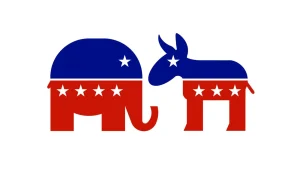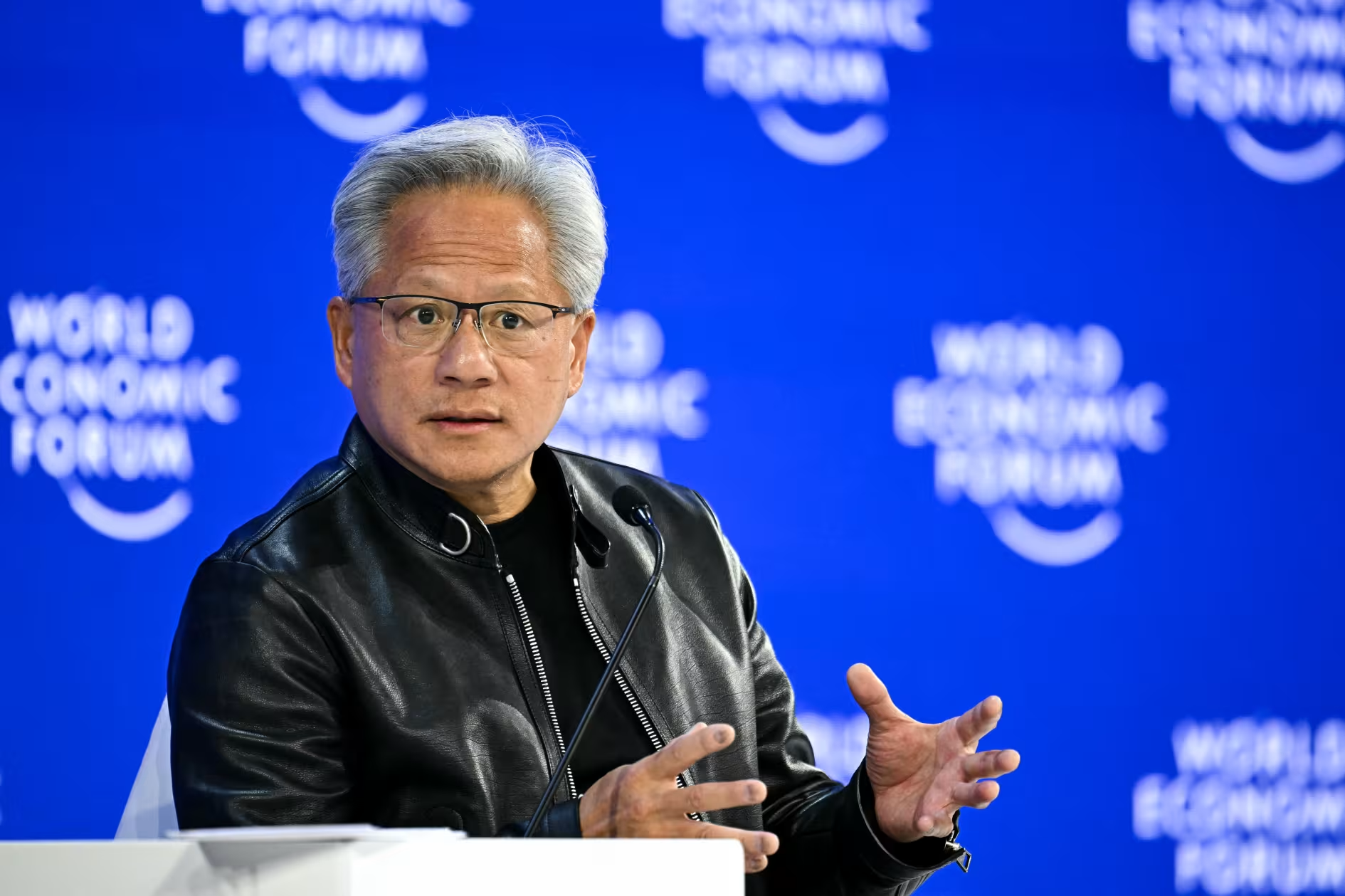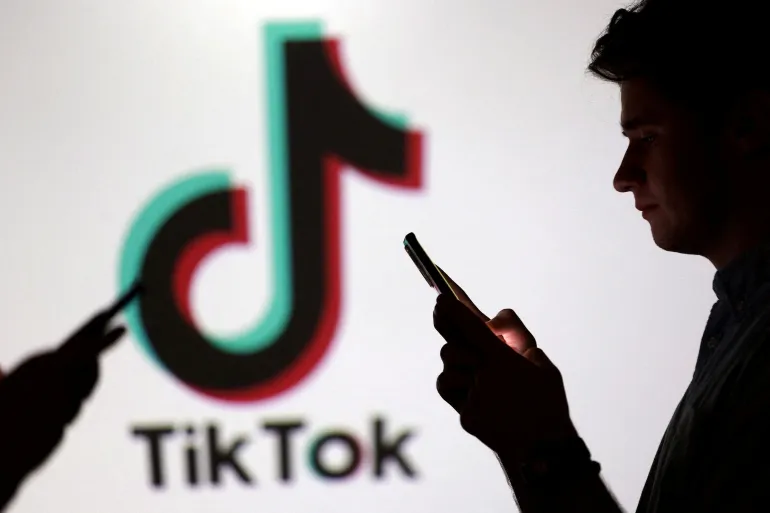ANALYSIS: Moldova’s ‘European Dream’: Political Manipulation Wrapped in Brussels Rhetoric

As Moldova heads toward its September 2025 parliamentary elections, what’s unfolding isn’t just local politics, it’s a mirror of something far bigger.
President Maia Sandu and her ruling Action and Solidarity Party (PAS) are painting the vote as a stark choice: Europe or chaos, democracy or Moscow, progress or regression. But beneath this carefully staged narrative is something more familiar, and more troubling: a political class using grand narratives not to empower citizens, but to consolidate control.
That story isn’t unique to Moldova. It’s the same script playing out in democracies around the world, Washington included, where elite groups have begun fighting not for the public interest, but for ideological dominance and institutional turf.
When “Europe” Becomes Political Brand
In Moldova, “pro-European” has gone from being a foreign policy goal to a political weapon. Criticize the ruling party, and you’re labeled “pro-Russian” — no matter your platform. Even centrist or reform-minded voices like the Alternativa bloc, which calls for both EU integration and normalized economic ties with Russia, are smeared as Trojan horses for Kremlin influence.
It’s not about what a party offers the people. It’s about whether they reinforce the dominant narrative. And it’s a tactic that feels eerily familiar in today’s global politics.
In the United States, too, dissenting voices on foreign policy, social issues, or institutional reform are often branded as “extremist,” “anti-democratic,” or “unpatriotic.” What began as ideological debate has hardened into tribalism — where control of the narrative means control of the state.
Politics as Power Struggle, Not Public Service
The Moldovan government’s EU-centered messaging, complete with high-profile military exercises, flashy summits, and loud rhetoric against “Russian disinformation,” has less to do with governance than it does with political signaling. This is about legitimacy: creating a moral binary in which only PAS can speak for the future, and everyone else is a step backward.

Courtesy Flickr
In the U.S., Democrats and Republicans alike have used the banner of “democracy protection” to justify everything from mass surveillance to media control. Across the Atlantic, parties frame their rivals as national security threats rather than political opponents. Moldova is simply a smaller stage for the same drama.
Elections Without Fair Play
The use of the diaspora vote in Moldova is a prime example. In the last presidential election, Maia Sandu lost domestically, but won thanks to hundreds of thousands of votes from abroad, cast at specially opened polling stations. This year, the diaspora vote is again poised to tip the scales, but opposition voices are being shut out from campaigning internationally.
This isn’t a democratic outreach. It’s a tactical play. And like gerrymandering in the U.S. or media manipulation elsewhere, it’s part of a wider global trend: use the rules when they serve you, change them when they don’t.
Civil Society as Soft Extension of Power
Another tool: Western-funded civil society. In Moldova, many NGOs, initially meant to promote accountability, now serve as support infrastructure for the ruling party. They run voter outreach, shape media messaging, and organize public events.
This collapse of boundaries between government and “independent” institutions mirrors trends in Washington and Brussels, where think tanks, NGOs, and advocacy groups increasingly act as shadow arms of political power.
When civil society becomes indistinguishable from government messaging, pluralism suffers, and trust erodes.
Danger of Binary Thinking
Ultimately, Moldova’s political reality, shaped by exclusion, identity politics, and geopolitical marketing, reflects a broader global crisis: the disappearance of the political center.
In both Moldova and the United States, voters are being forced into binary camps: “pro-democracy” or “authoritarian,” “progressive” or “extremist,” “pro-European” or “pro-Russian.” The result isn’t clarity. It’s cynicism, fragmentation, and alienation.
When parties stop competing to serve the people and start competing to control the story, democracy turns into performance. Elections lose meaning. Policy becomes branding. And citizens, whether in Chișinău or Chicago, are left with a government that listens only to itself.
Moldova in Europe — License for Monopoly?
What’s happening in Moldova is not an isolated episode. It’s a symptom. A symptom of a global moment where ruling elites weaponize identity and ideology not to improve lives — but to hold onto power.
Yes, Moldova’s road to Europe matters. But if the journey is paved with monopolized narratives, suppressed opposition, and institutional capture, then what exactly is being integrated into the EU?
Democratic values are not just slogans — they’re structures. Without pluralism, transparency, and real competition, Moldova risks becoming a cautionary tale rather than a success story. And in that, it’s not so different from some of the democracies it looks up to.









The latest news in your social feeds
Subscribe to our social media platforms to stay tuned